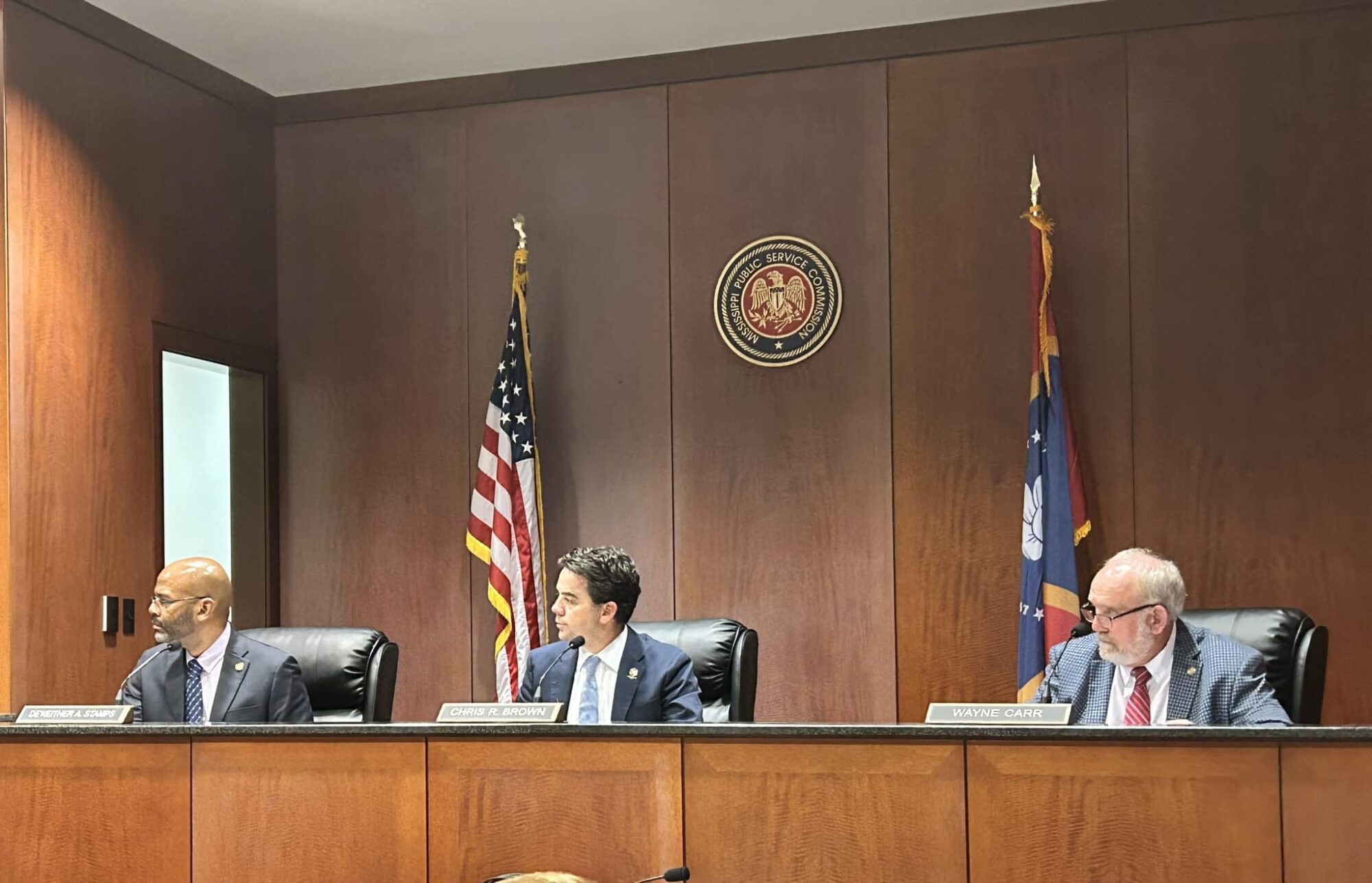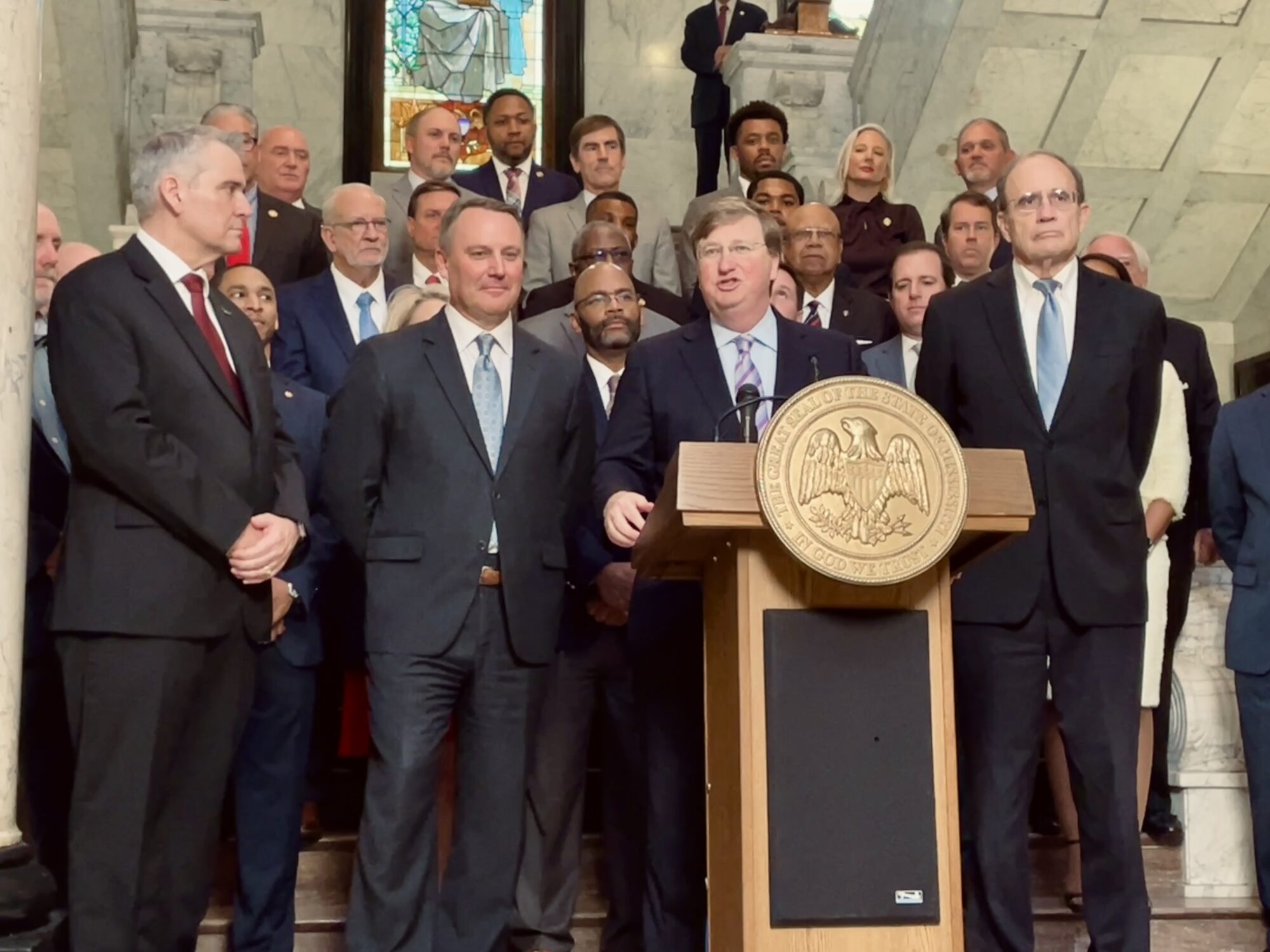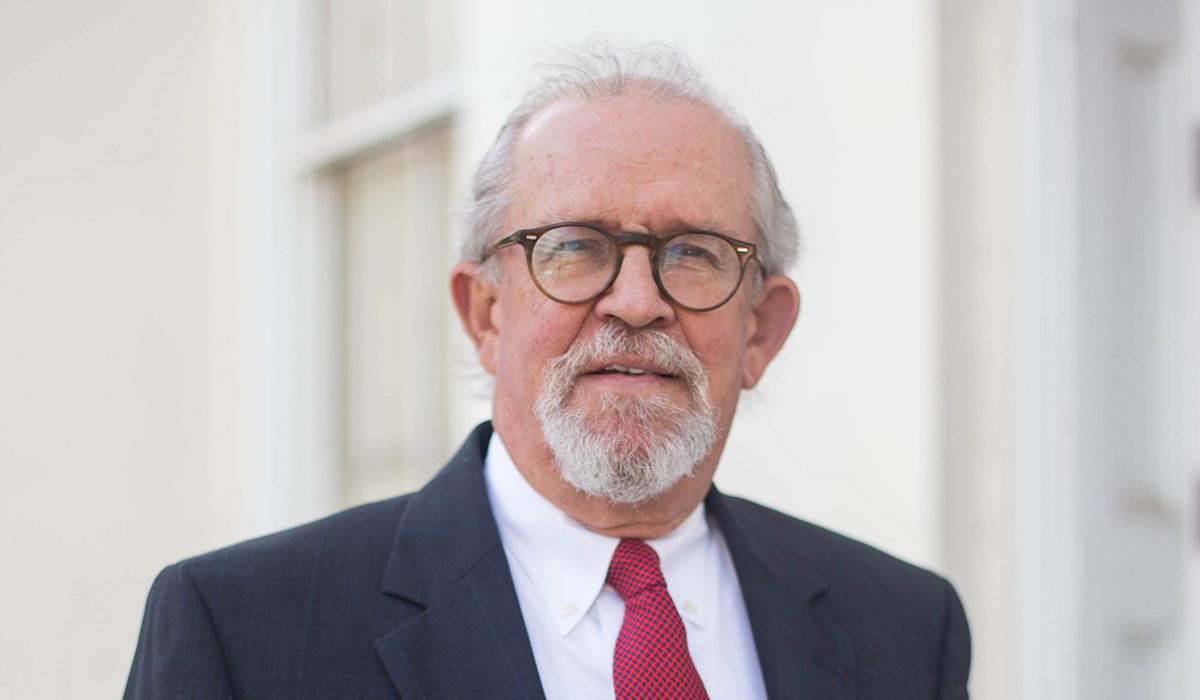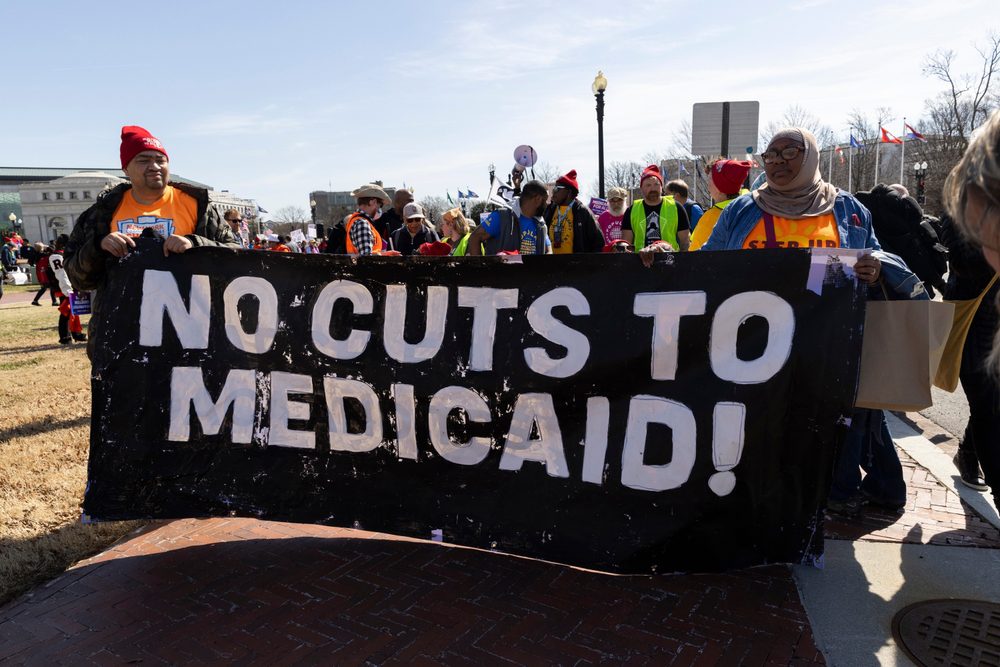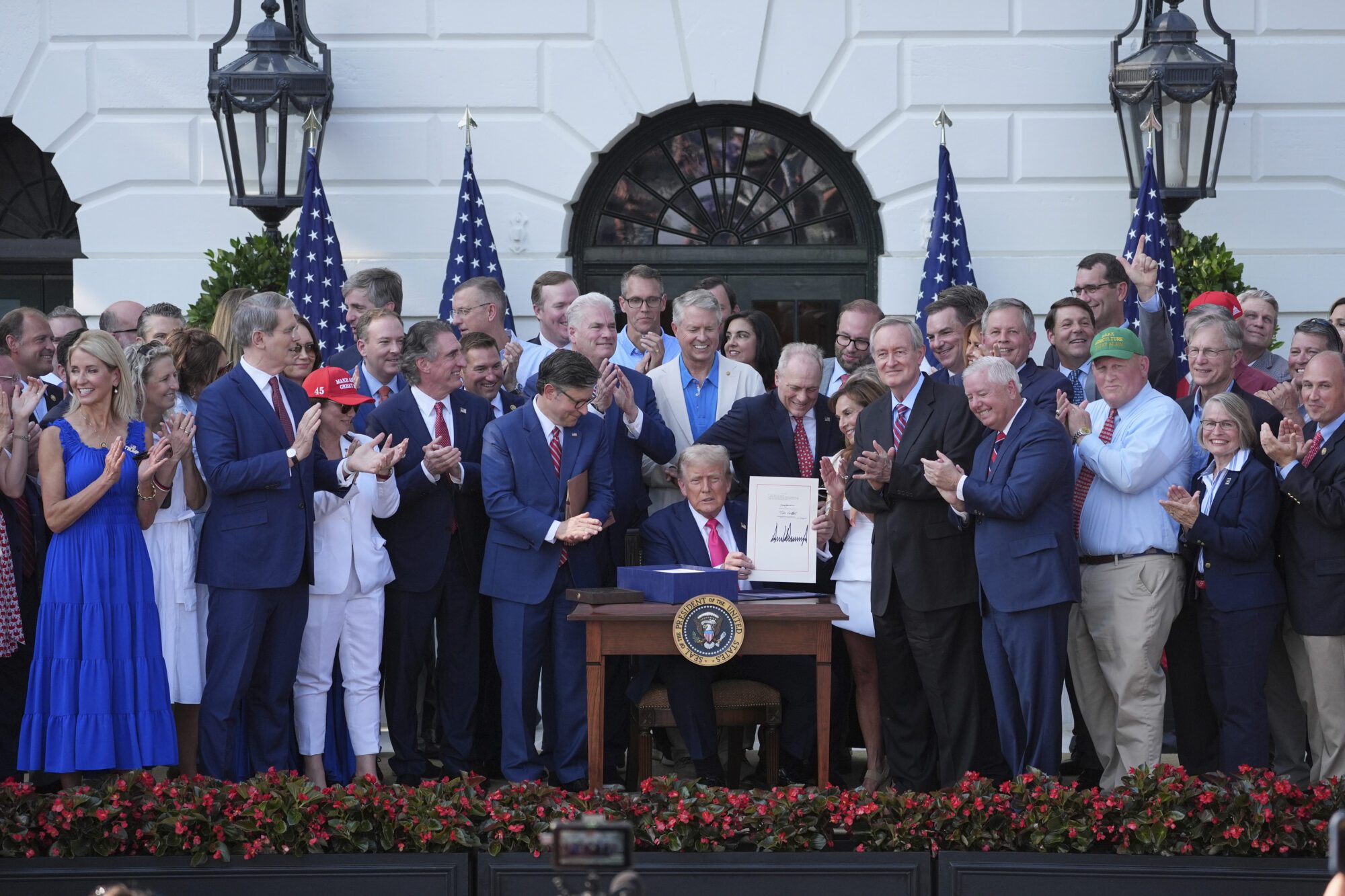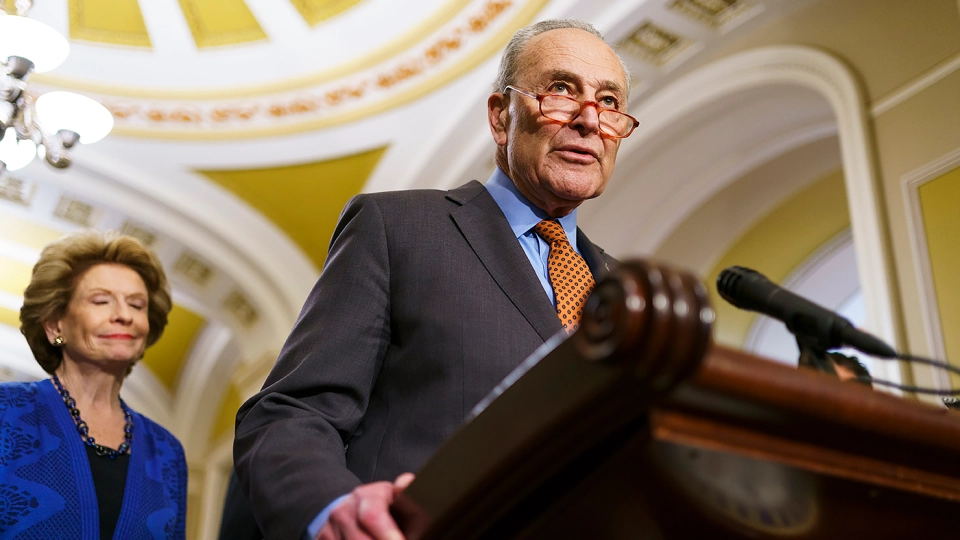
But in Washington, D.C., New York and some other blue states, the wars against fossil energy
are raging, and Mississippi should continue to be watchful. Americans in these places are being introduced to a threat the United States has seldom faced – energy poverty.
“Nobody is taking away your gas stove.”
These words were tweeted by US Senate Majority Leader Chuck Schumer in February. His rant was aimed at his Republican counterparts for making a ruckus over a Biden Administration official calling for nationwide gas stove bans.
Last week, Schumer’s home New York became the first state to ban hookups of natural gas appliances for new construction. Technically, Schumer was right. The State of New York is not taking away anyone’s gas stove. They’re just banning them for use in the future.
The fanatical movement to eliminate fossil energy sources is the exact reason the Mississippi Legislature passed the “All Fuels Act” in 2021. Authored by House Energy Chairman Brent Powell, the bill passed both chambers unanimously. Thankfully, in Mississippi at least, both Republicans and Democrats are sensible about energy, understanding the utter foolishness of actions like outlawing gas stoves.
But in Washington, D.C., New York and some other blue states, the wars against fossil energy are raging, and Mississippi should continue to be watchful. Americans in these places are being introduced to a threat the United States has seldom faced – energy poverty.
In Europe, energy prices are already sky-high due to years of restrictive energy policies. The European Union says “energy poverty occurs when energy bills represent a high percentage of consumers’ income, or when they must reduce their household’s energy consumption to a degree that negatively impacts their health and well-being.”
As we’re seeing now in the U.S., when government policies cause the cost of energy, appliances, and other common consumer products to go up, every household and business is impacted, but the low to middle income population are the hardest hit. Even so, the politicians pushing these policies don’t seem to be deterred. Many will admit they believe the added costs and unwanted lifestyle changes to families and businesses are a necessary part of their crusade.
Depriving American citizens of energy choices is the clear goal of these policies, and the anti-fossil movement will persistently aim to push more actions like this into the political mainstream even though it’s wildly unpopular among the population.
Few people are dumb enough to believe that gas stoves are suddenly a major public health risk. Those pushing these policies probably even know that, but gas stove bans have become somewhat of a jewel in the crowns of those on the front lines in the war against energy freedom, which reaches far beyond kitchen stoves.
The U.S. has thrived on abundant energy for generations, but some want to take us all on a drastically different path forward. New, European-style policies being pushed in Washington, D.C. and other places are transitioning away from abundant and affordable energy to scarce and expensive energy.
Unfortunately, energy poverty in the U.S. will likely become a more commonly known happening as time passes. Let’s hope Mississippi and other like states can stay somewhat insulated from foolishness in New York and elsewhere.
As gas stove bans and the like drive up energy and product costs, will the next generation become dependent on the government to cover their unaffordable costs? That may be exactly what those behind these policies want.
